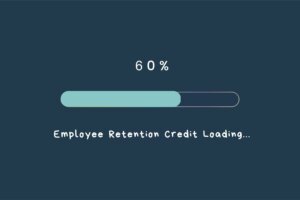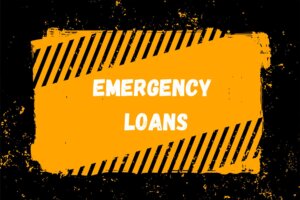Being able to tell a convincing story is an important issue for anyone working on a government grant proposal; but, sadly, too many proposals tell no story. Proposals may contain plenty of information, but they must also incorporate a cohesive story line that unifies the narrative.
What is a Powerful Story?
According to Jennifer Aaker, a well-known author and business school professor at Stanford University, powerful stories can be a great asset. As Aaker illustrates, a well-told story can become a powerful tool for advocacy and persuasion.
“Tell me the facts and I’ll learn.
Tell me the truth and I’ll believe.
But tell me a story, and it will live in my heart forever.”
In our grant proposals, we are supposed to be clear and factual. There is no place for emotion and subjective thinking. But throughout human history, great stories have always inspired, motivated, moved, and persuaded others. The Bible – a collection of stories – is perhaps the best example of the incredible power of storytelling.
One of the books Aaker recommends to her students is Annette Simmons’ Whoever Tells the Best Story Wins (2007). Simmons recommends that you consider using these kinds of stories throughout your proposal:
• Who I Am Stories: What lessons have your NPO’s experiences taught you?
• Vision Stories: What is your NPO’s vision for the future?
• Values-in-Action Stories: What programs of your NPO typify its values?
• I-Know-What-You Are-Thinking Stories: What stories can you tell that
will dispel the objections that reviewers might have about your proposed
project? Good proposals dispel the element of risk or uncertainty which
always unsettles reviewers.
Stories and Reviewers
The reviewers of your proposal are submerged in a deep ocean of data that may appear disconnected and overwhelming. They are reviewing many proposals, not just yours, and they may have trouble remembering one proposal from another.
In this choppy sea, meaningful stories can act as life preservers by enabling you to connect with them and create meaning in ways that no mere recitation of facts can accomplish. Stories help win reviewers over to your point of view, and help reviewers remember who you are and why your project is important.
The most powerful communications tool in human history has been and will remain the art of storytelling. We were entranced by good stories as children, and we still read them as adults.
Use effective stories to create meaning in your grant proposals, and you will be more successful.
=-=-=-=-=-=-=-=-=-=-=-=-=-=
Dr. Jayme Sokolow, founder and president of The Development Source, Inc., helps nonprofit organizations develop successful proposals to government agencies. Contact Jayme Sokolow
 Sections of this topic
Sections of this topic
















